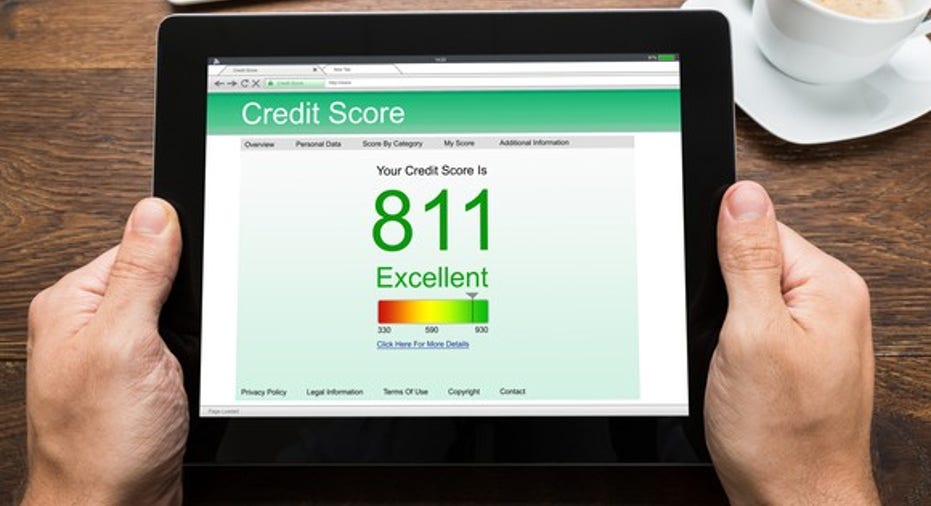Why Do I Have 3 Different Credit Scores?

IMAGE SOURCE: GETTY IMAGES.
These days it's easy to pull up your credit score instantly. Not only can you order it straight from the credit bureaus, but many banks and sites such as Credit Karmaoffer free credit score reporting. The downside to this ease of access is that you can end up more confused than ever by the discrepancies in all that information. Pull up your credit score from the three primary credit bureaus (Equifax, Experian, and TransUnion), and you're likely to get three different numbers. What's up with that?
When FICO isn't really FICO
People tend to refer to credit scores as FICO scores, but in fact FICO isn't the only major credit scoring model in use. VantageScore is a rival scoring model, introduced in 2006 and used by all three credit bureaus. It looks at slightly different credit factors than FICO and weights them differently, so it can produce an entirely different number than your FICO score. Depending on which source you use to access your credit score, you could be looking at your FICO score for one bureau and your VantageScore score for another. To add to the confusion, there are different versions of both FICO and VantageScore, and not every credit score reporting source uses the latest version of the scoring models, creating even more variation in the resulting scores.
Different bureau, different data
Lenders aren't required to report your credit activity to all three bureaus. In fact, they're not required to report it, period. Some lenders will keep all three bureaus fully updated, but others will report to just one or two bureaus or not bother reporting changes to your account at all. Thus your account history at each credit bureau is likely to be different, and that can lead to substantial differences in your credit scores.
Timing matters
When lenders do report account activity, they tend to do it at different times. Most lenders make reports to the credit bureaus once a month, but one lender might report to the bureaus on the first of the month while another submits reports on the 25th, for example. So if the credit score reporting tool you use pulls your Experian score as of the 24th and your TransUnion score as of the 26th, then the Experian score won't include the lender report from the 25th. If that lender report included significant activity, such as a newly maxed-out credit card or a change to late-payer status, it could affect your score significantly.
What's a borrower to do?
If you're trying to find out your "real" credit score, you'll need to dig a little deeper into the information your score is based on. Start by pulling your credit reports for each of the three bureaus. That will show you exactly what data they're each basing your score on. If one of the bureaus is missing important information or includes an account that's completely off base, such as a loan for someone else that's listed under your account history, then you can contact the credit bureau and get it fixed. That will be enough to get your credit scores into the same ballpark at least. And when you look up your credit scores, checking whether they use the same scoring model and date will also help to clear up any discrepancies. You'll probably never get all three scores exactly the same, but as long as they're within a few points of each other, you can feel pretty good about their accuracy.
The $15,834 Social Security bonus most retirees completely overlook If you're like most Americans, you're a few years (or more) behind on your retirement savings. But a handful of little-known "Social Security secrets" could help ensure a boost in your retirement income. For example: one easy trick could pay you as much as $15,834 more... each year! Once you learn how to maximize your Social Security benefits, we think you could retire confidently with the peace of mind we're all after.Simply click here to discover how to learn more about these strategies.
The Motley Fool has a disclosure policy.



















